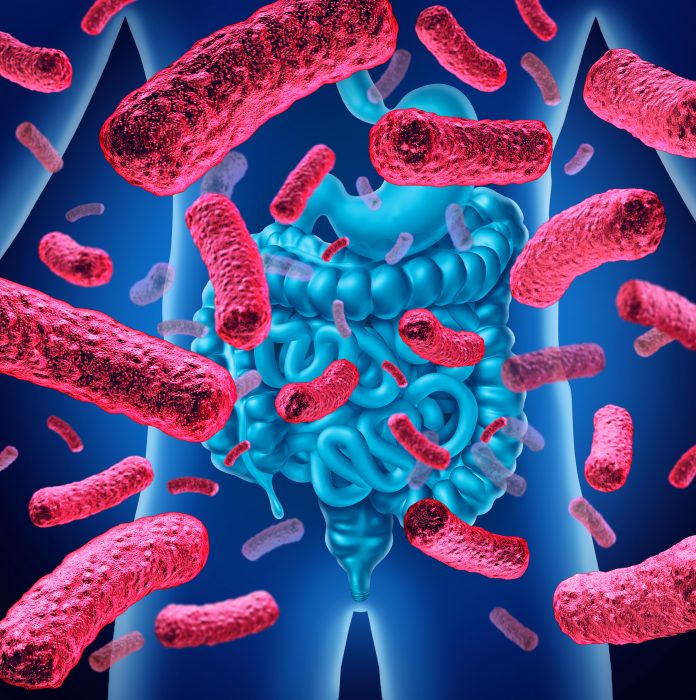The distinctive gut microbiome profile of a person with liver cancer linked to non-alcoholic fatty liver disease (NAFLD) could be the key to predicting someone’s risk of developing the cancer, say researchers from the UNSW Microbiome Research Centre (MRC).
Their new study, published in Nature Communications recently, found the gut microbiome can modulate the immune response in liver cancer patients with NAFLD, in a way that promotes the cancer’s survival.
While the research is still in its early stages, this finding could lead to more effective preventative and therapeutic treatments for people at risk of developing NAFLD-related liver cancer.
People develop NAFLD in the context of obesity and metabolic risk factors such as diabetes, hypertension and high cholesterol.
Senior author Associate Professor Amany Zekry, of UNSW Medicine & Health, said the researchers looked at the most common type of primary liver cancer – hepatocellular carcinoma or HCC – which is the third leading cause of cancer-related deaths worldwide.
“Chronic liver inflammation and liver cirrhosis – or scarring – are key to a patient developing liver cancer, with NAFLD a common risk factor,” Associate Professor Zekry said.
“So, because of the global pandemic of obesity and type 2 diabetes, NAFLD is emerging as the key reason for liver disease and liver cancer – particularly in western countries.
“Liver cancer generally has a bad outcome because it’s usually detected at the late stages of the disease due to the liver’s resilience – liver cirrhosis can go undiagnosed for many years until cancer develops.”
In Australia, people have a 20 per cent chance of surviving for at least five years after being diagnosed with liver cancer.
The UNSW-led study included medical researchers from UNSW’s St George and Sutherland Clinical School and major hospitals in NSW.
Associate Professor Zekry, who is also the Head of Gastroenterology and Hepatology at St George Hospital, said their research was the first paper to comprehensively investigate the microbiome in the context of NAFLD-related liver cancer.
“Another unique feature of our research is how we used a human cell culture model to examine the effect of the gut microbiome on the immune response in liver cancer patients,” she said.
“This study is part of a larger research project we are doing involving about 200 patients – with the ultimate aim of identifying gut microbiome biomarkers or indicators, to predict someone’s risk of developing liver cancer.
“The gut microbiome plays an important role in diseases generally and a person’s overall health – so, our lifestyle and the food and drink we consume can influence this kingdom of microorganisms living in all of us.”




